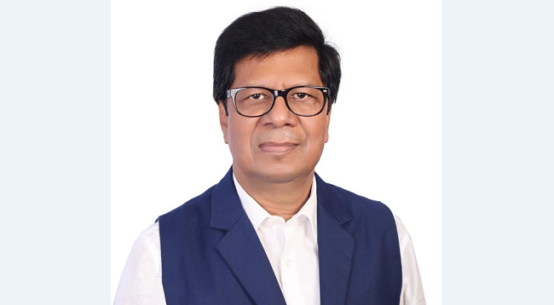The real-life effects of shutdowns of the internet on people’s lives and human rights are vastly underestimated, according to the UN human rights office.
When major communication channels and networks are slowed down or blocked, this means thousands, even millions of people are deprived of their only means of reaching loved ones, medical assistance, and participating in political debates or decisions, the UN human rights office (OHCHR) report published Thursday said.
“When you see a shutdown happen, it’s time to start worrying about human rights,” Peggy Hicks, director of the Thematic Engagement, Special Procedures and Right to Development Division of the OHCHR, said.
Shutdowns deepen digital divides between and within countries and are happening in places where there are deteriorating human rights situations, Peggy added.
At a time when substantial development aid is directed towards enhancing connectivity in less developed countries, some of the beneficiaries of that assistance are themselves deepening the digital divide through shutdowns.
At least 27 of the 46 least developed countries implemented shutdowns between 2016 and 2021 despite receiving support to increase their Internet connectivity, Peggy said.
The first major internet shutdown took place in Egypt in 2011, during the Tahrir Square protests that led to hundreds of arrests and killings.
Shutdowns can mean a complete block on internet connectivity, but governments also increasingly ban access to major communication platforms and limit bandwidth and mobile services to 2G transfer speeds, making it difficult to share and watch videos or live picture broadcasts.
Many states refuse to acknowledge interfering in communications or putting pressure on telecom companies to prevent them from sharing information.
The official justification for the shutdowns was unknown in 228 cases reported by civil society across 55 countries.
When authorities recognise having ordered disruptions, justifications often point to public safety, containing the spread of hostility or violence, or combating disinformation.
Yet, shutdowns often achieve the exact opposite. According to Peggy, “199 shutdowns were justified by public safety concerns, and 150 were based on national security grounds. But many of those shutdowns were followed by spikes in violence.”
When a state shuts down the internet, both people and economies suffer. The costs to jobs, education, healthcare, and political participation virtually always exceed any hoped-for benefit.
“We call on states to stop doing this, stop imposing shutdowns. Shutdowns are simply never the best answer. Their costs are simply too great to economies, democracy, and people’s daily lives,” Peggy said.


